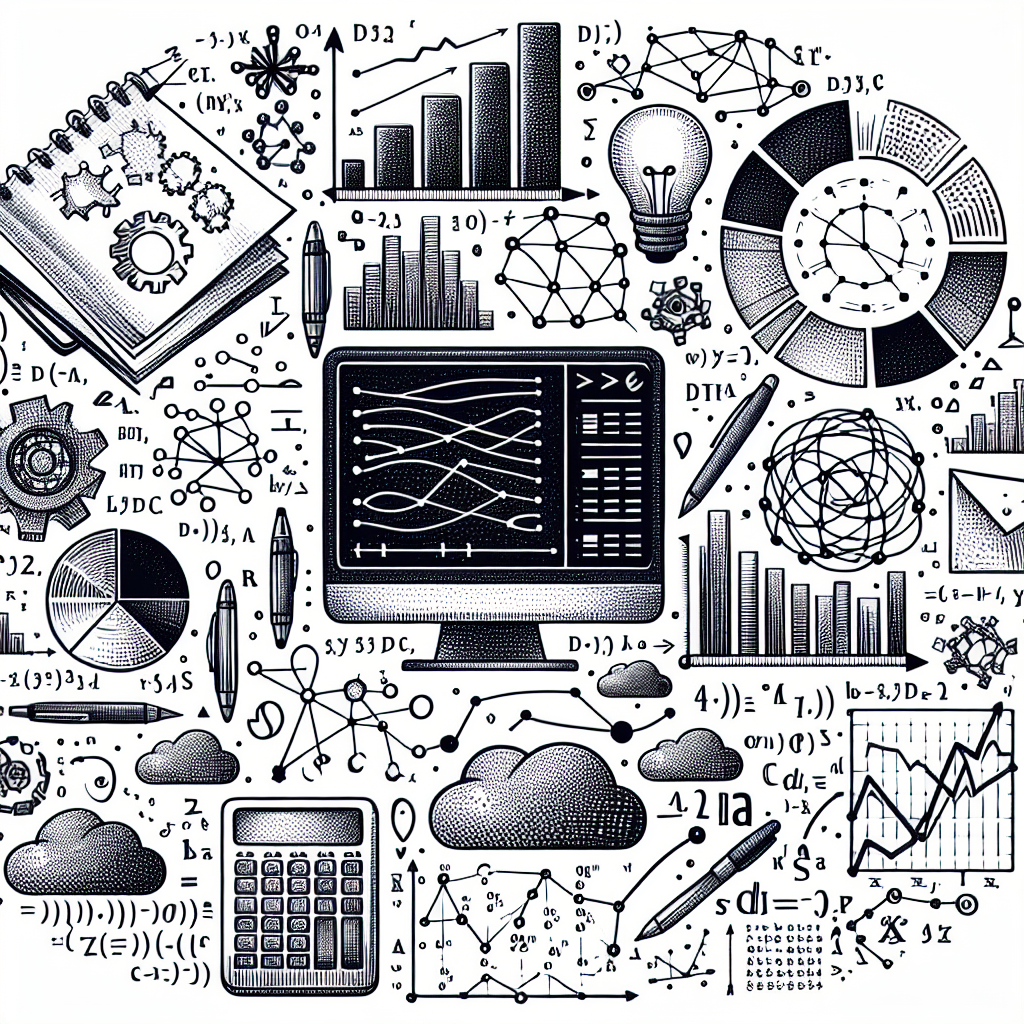Data science is at the heart of this revolution, creating a pathway for businesses to analyze, interpret, and exploit data to their advantage.
Big data refers to the enormous volumes of data that can be structured, semi-structured or unstructured.
The true power of big data, however, lies not in the volume but in its analysis. Data science plays a pivotal role in making sense of this raw data and translates it into actionable insights.
Data science combines statistical skills, advanced analytics, and software programming to draw patterns and insights from big data. It essentially helps businesses understand the needs of their customers, predict future trends, and identify potential risks.
Data science has proved instrumental in transforming data into a strategic asset that can drive growth and innovation.
Now, let’s understand how businesses are using data science in their operations.
1.
Enhanced Decision Making with Data-driven Insights
Data-driven decisions have become the new norm in the business world.

By analyzing big data, companies can make decisions based on empirical evidence rather than intuition or gut feeling. This leads to improved decision-making processes that are accurate, reliable, and efficient. For instance, a business can analyze customer feedback to determine what factors influence customer satisfaction and tailor their services accordingly.
2. Predictive Analytics for Future Planning
Predictive analytics is another crucial application of data science. By using historical data and predictive models, businesses can forecast future trends and make strategic decisions. A retailer, for instance, could use predictive analytics to anticipate customer demand during peak seasons and adjust their inventory accordingly.
3.
Efficient Risk Management
Risk management is a significant concern for most businesses today.
Data science can help businesses identify potential risks and develop strategies to mitigate them. This process involves analyzing market trends, studying regulatory reports, and other relevant data points to predict and manage potential risks.
4. Personalized Marketing
Data science is revolutionizing marketing strategies by offering personalized experiences to customers. By analyzing customer behavior data, businesses can create personalized marketing campaigns that resonate with specific customer segments.
This approach not only boosts customer engagement but also enhances customer loyalty and increases revenue.
5. Optimized Operational Efficiency
Data science can help streamline business operations, reduce costs, and improve efficiency. By analyzing operational data, businesses can identify bottlenecks, inefficiencies, and areas for improvement.
For instance, a logistics company could use data science to optimize their delivery routes and reduce fuel costs.
The power of data science in business cannot be overstated. It is transforming how businesses operate, make decisions, and engage with customers. However, to fully harness the power of big data, businesses must invest in skilled data scientists and data analytics tools.
Furthermore, they must cultivate a data-driven culture that values evidence-based decision-making and continuous learning.
The rise of big data and data science is a testament to the power of information. As we move further into the era of digital transformation, it is clear that data science will continue to play an integral role in shaping the future of business.